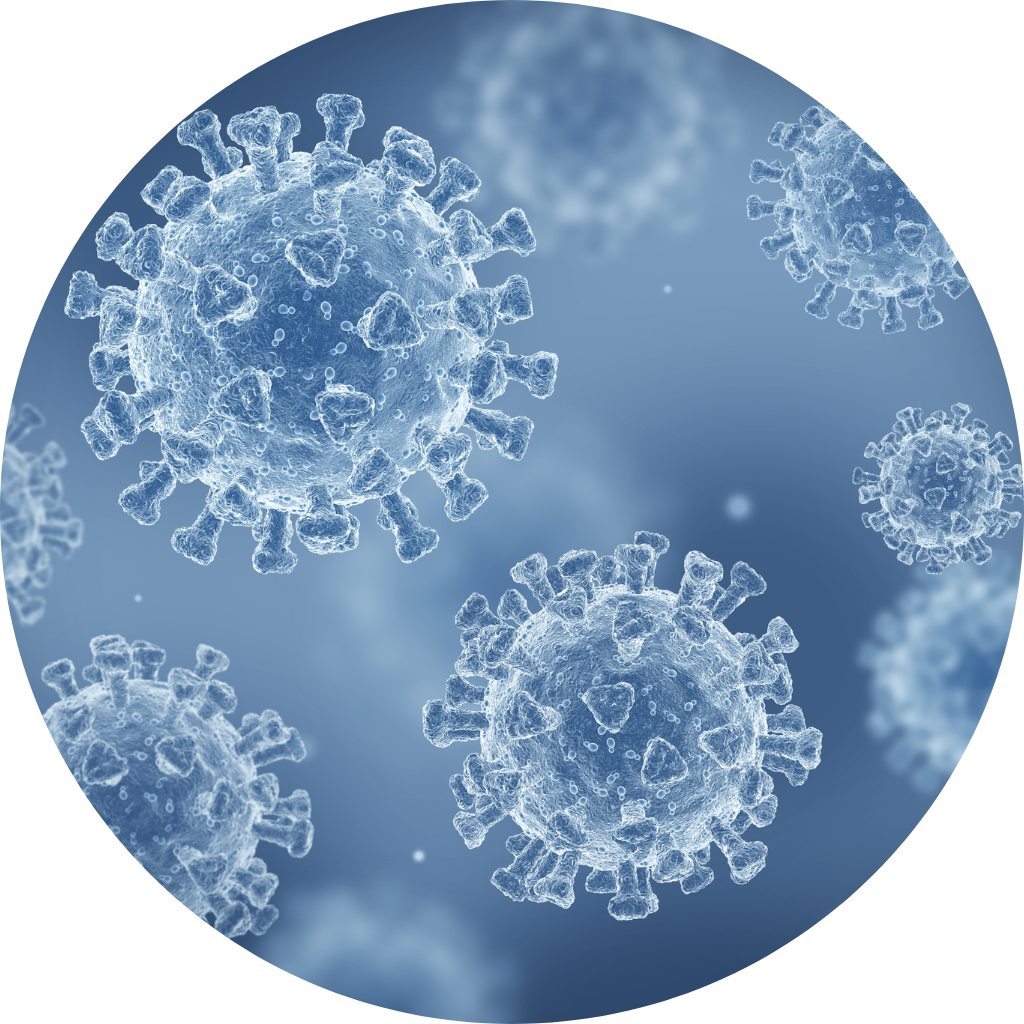
New Study Links Long COVID to Hair Loss and Reduced Libido
In 2020, society was forever changed when countries around the globe shut down due to the COVID-19 pandemic. The shutdowns attempted to lessen the overwhelming impact of the initial variant on our healthcare systems and protect vulnerable individuals against this novel disease. Over two years later, we have made significant progress in our understanding and ability to fight COVID. Although many of us are familiar with the acute effects of the disease, thousands of people around the globe have also experienced considerable long-term symptoms of the disease, known as long COVID.
What is Long COVID?
Long COVID, also known as post-acute sequelae of COVID-19, encompasses a broad range of health problems and adverse symptoms that can last substantially longer than the typical two-week period. The clinical definition is not entirely clear at this point since it is such a new condition. The World Health Organization classifies long COVID as symptoms that persist longer than 12 weeks after initial infection, while the US Centers for Disease and Control Prevention (CDC) classifies long COVID as symptoms that last longer than four weeks. These symptoms include:
- Fatigue
- Difficulty breathing
- Cough
- Heart palpitations
- Chest pain
- Difficulty concentrating
- Sleep problems
- Change in smell or taste
- Depression
- Lightheadedness
- Headaches
- Fever
New Study on Long COVID
A new study was recently published to better understand the symptoms and risk factors for long COVID in patients who experienced a mild form of the disease, meaning they were not hospitalized. The large-scale data analysis had a test group encompassing 486,149 people in the United Kingdom with a reported history of mild COVID-19 and a control group of 1,944,580 adults with no recorded evidence of a COVID infection. The study took place from January 31, 2020, to April 15, 2021, marking an early stage in the pandemic before vaccines were widely available.
Study Findings
The research study discovered that the test group was more likely to report a span of 62 different symptoms to their doctor at least 12 weeks following their COVID infection. After taking into consideration factors like age, weight, and pre-existing health conditions, the results stayed consistent, meaning the symptoms were likely due to long COVID.
Certain symptoms reported to the participants’ doctors were expected, such as flu-like symptoms like loss of sense of smell, shortness of breath, and fatigue. However, the study also found that patients in the test group reported hair loss and reduced libido, which was not anticipated since these are not flu-like symptoms.
The results of the study indicate that long COVID can be characterized into three distinct groups:
- Broad spectrum symptoms: represents 80% of patients and includes fatigue, headaches, and pain
- Mental health and cognitive symptoms: represents 15% of patient and includes depression, anxiety, brain fog, and insomnia
- Respiratory symptoms: represents 5% of patients and includes shortness of breath, cough, and wheezing
The study also suggests that the prevalence of long COVID is potentially as low as 1% in those who have been infected with COVID 19. However, since most of the population could be infected with this disease at some point, 1% could represent an extraordinarily high number of patients. Long COVID is a highly complex condition, and this study is instrumental in gaining a better understanding of the disease.
If you would like to learn how to successfully implement a natural biologics program into your medical practice, check out our state-of-the-art training sessions. At our training sessions, you and your team can gain knowledge of FDA regulations and industry standards, ensuring that you’re always one step ahead of proper protocols. Call (813) 461-8100 to learn more.




